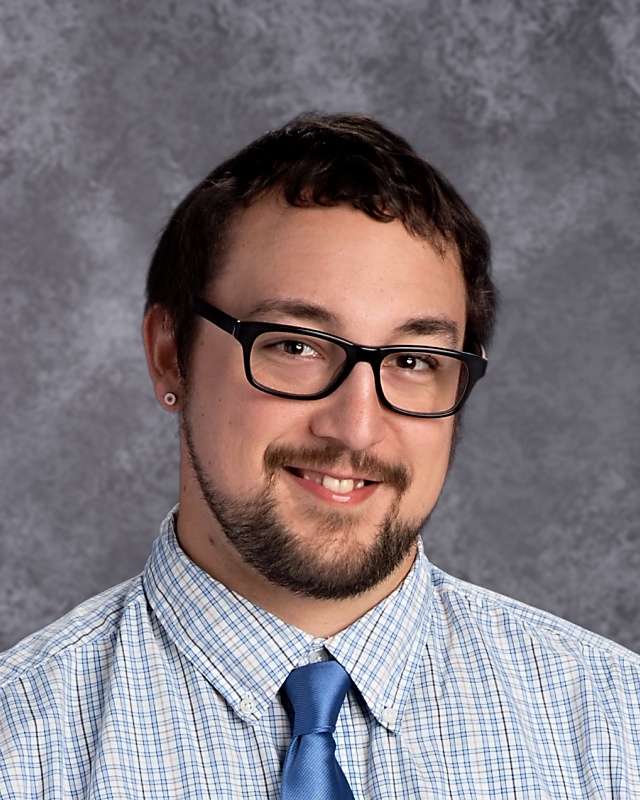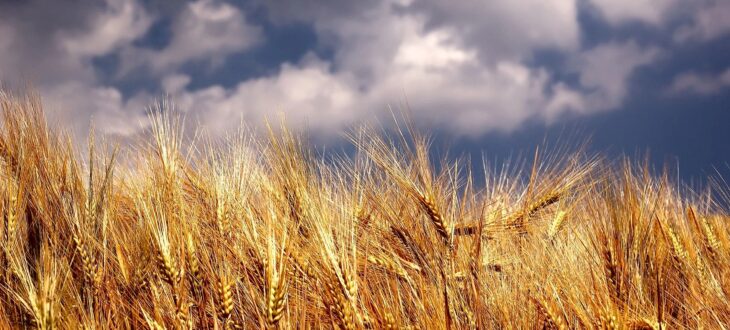The Author

The lead researcher of this project is Todd R. Vogts. He grew up in central Kansas, living in a farming community. During his formative years, he developed a respect for farmers and rural communities, and he also became passionate about the news, journalism, and media in general.
This resulted in Vogts pursuing degrees in journalism, communication, and education. Along the way, he spent time as an entrepreneur, a radio disk jockey, a community newspaper editor, a freelancer, a high school journalism adviser, and a college professor.
His complete CV can be viewed here, and to learn more about Vogts, please visit his website.
The Project
Officially launching in June 2022, this project initially began as the doctoral dissertation research for Todd R. Vogts while he pursued his Doctor of Philosophy (Ph.D.) in Kansas State University‘s Leadership Communication program.
However, its roots are deeper. Due to his experience with and interest in rural communities and small-town journalism, Vogts strives to conduct research that pulls these interest areas together.
To that end, the Cultivating Misinformation research project stems from the lived experiences of Vogts as he interacted with farmers and ranchers throughout the Midwest who spend countless hours in farm trucks, tractors, and other implements of the farming trade. Whether driving through pastures to check cattle or through fields to plant and harvest crops, these individuals need to pass the time.
One way to do so is to listen to music or the radio, and in the rural parts of the country, conservative talk radio is readily available to fill that entertainment void. All it takes is a twist of the dial. Because of this, partisan mis/disinformation spreads. The farmers and ranchers talk about what they heard at the CO-OP or other rural gathering spots, and they share their ideas via social media. When they receive affirmation, it emboldens them and deepens polarization, and then the process repeats itself with greater amplification and fervor.
This is something Vogts experienced firsthand while working for farmers in western Kansas during the summer months when he was on break from his high school teaching job.
Yet, national media outlets may not understand this, exemplified by the surprise political pundits experienced when Donald Trump beat Hillary Clinton for the presidency, an election many in the national media had called in favor of Clinton before the first ballot was cast.
By understanding that mis/disinformation can spread through the speakers of tractors plowing rows in fields, greater insights can be gleaned concerning how misinformation spreads. Though social media plays a role, it isn’t the only culprit. It is possible polarization and mis/disinformation grows out of the fields in America’s heartland.
To fully explore this possibility, Cultivating Misinformation was born.



